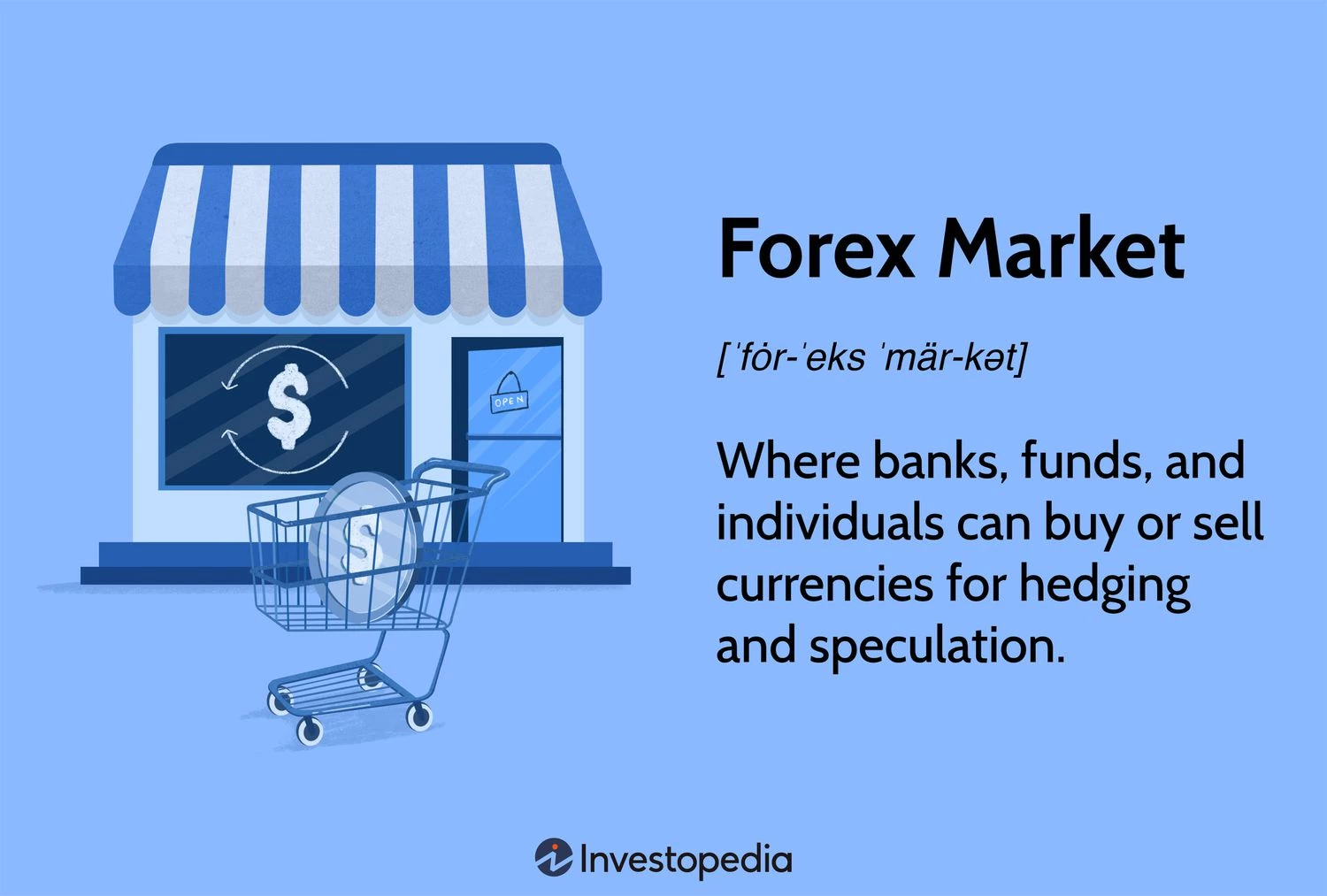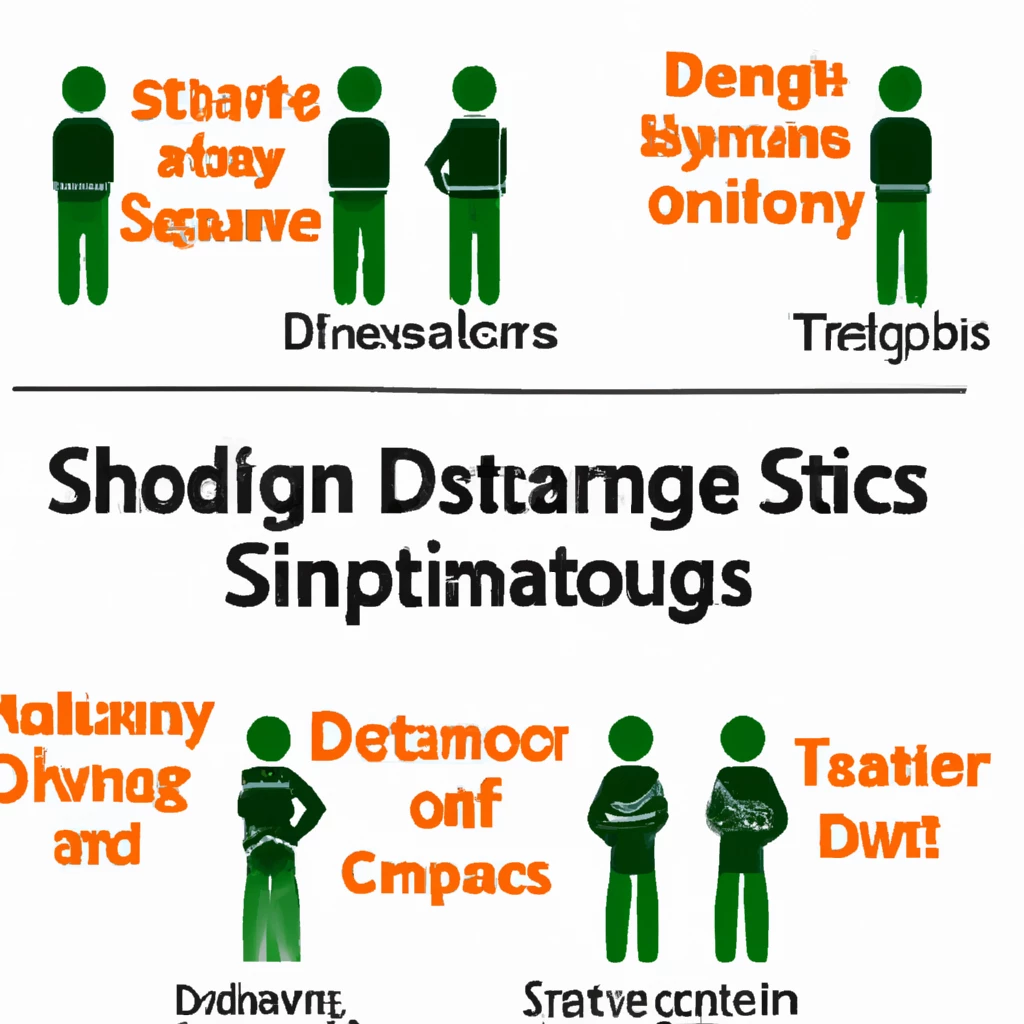
Understanding the Forex Market
The forex market, also known as the foreign exchange market, is where banks, companies, central banks, investment firms, and individuals trade, buy, sell, or exchange currencies for various reasons, including hedging and speculation. It is the largest financial market globally, facilitating trillions of dollars in daily trading activity.
Key Takeaways
- The forex market enables participants to engage in currency transactions for hedging and speculation.
- Operating 24 hours a day, five days a week, the forex market is responsible for vast daily trading volumes.
- Forex trading offers high returns but also carries significant risks.
- The forex market operates over-the-counter (OTC) and allows for the opening of accounts with minimal capital.
Understanding the Forex Market
The forex market is decentralized, not dominated by a single exchange, but by a global network of computers and brokers. Forex brokers act as market makers, posting bid and ask prices for currency pairs. The market operates over-the-counter and involves significant interbank trading.
The daily value of forex transactions reached $7.5 trillion in April 2022, per the 2022 Triennial Central Bank Survey of FX and OTC derivatives markets.
Trading in the forex market occurs 24 hours a day, from Sunday at 5 p.m. ET to Friday at 5 p.m. ET, unlike other markets that have specific closure times. However, some emerging market currencies may close temporarily during trading hours.
History of the Forex Market
Traditionally, currencies were pegged to precious metals until the collapse of the system post-World War I, leading to the Bretton Woods agreement. This agreement established global economic organizations like the IMF and the World Bank, replacing gold with the U.S. dollar as the currency peg.
The Bretton Woods system ended in 1971 when the U.S. suspended the dollar’s convertibility into gold. Currencies are now free-floating, with values determined by supply and demand in the global markets.
Type of Forex Markets
There are three primary types of forex markets: spot, forward, and futures.
Spot Forex Market
The spot market involves immediate currency exchanges at current rates and is a significant part of forex trading.
Forward markets involve agreements between two parties to trade a currency at a set price and quantity at a future date, suitable for hedging purposes.
Futures markets operate similarly to forward markets but utilize centralized exchanges, reducing counterparty risks and enhancing liquidity.
Big Players in the Forex Market
The U.S. dollar is the most traded currency globally, and major players in the forex market include Deutsche Bank, UBS, JP Morgan, State Street, and XTX Markets.
Advantages and Disadvantages of Forex Trading
Forex trading offers advantages such as flexibility, low transaction costs, and 24-hour trading. However, it also has disadvantages like counterparty risks, high leverage, and operational risks.
Pros
-
Flexibility in trading hours
-
Diverse trading options
-
Low transaction costs
Cons
-
Counterparty risks due to decentralization
-
High leverage allowed
-
Operational risks
Forex Market FAQs
What Exactly Is Forex Trading?
Forex trading involves exchanging one currency for another, conducted through buying one and selling another.
Can You Get Rich by Trading Forex?
Forex trading can be lucrative, especially for institutions with substantial resources, but it entails high risks for individual investors.
How Do I Start Trading Forex?
To start trading forex, educate yourself about the market, set up a brokerage account, and develop a trading strategy based on your risk tolerance and goals.
How Much Do You Need to Start Trading Forex?
Typically, you can start forex trading with as little as $100, but investing higher amounts can improve your potential returns. Experts often recommend starting with at least $1,000 to properly implement a trading plan.
The Bottom Line
Forex trading offers advantages like round-the-clock trading, leverage opportunities, and a wide range of contracts. However, it comes with risks including substantial losses due to high leverage and counterparty risks.







